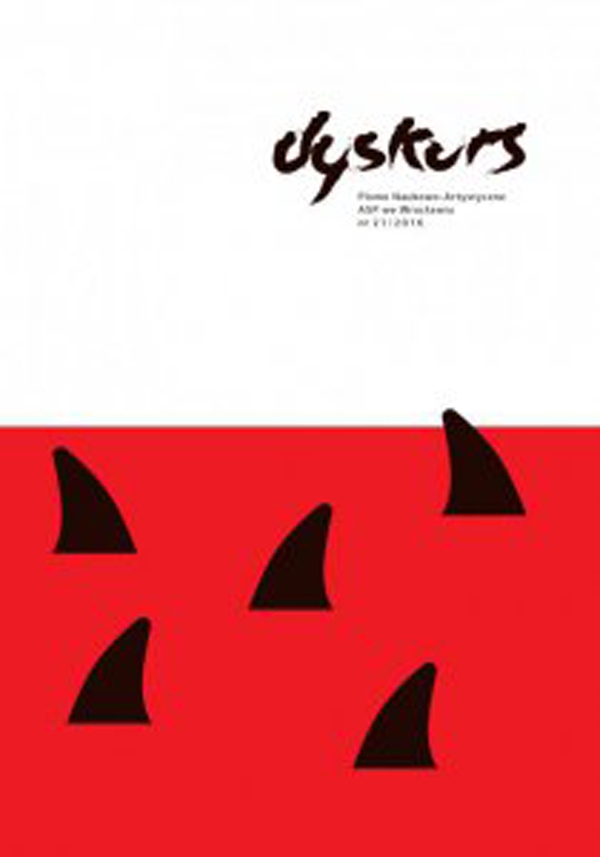Ballada o pobożnym ubeku, czyli polskie kino i polityka 1989–2015
Słowa kluczowe:
„powrót politycznego”, polityka historyczna, antysemityzm, lustracja, zwrot tożsamościowy, postpamięć, ‘return policy’, historical politics, anti-semitism, inspection, identity change, post memoryAbstrakt
BALLAD OF PIOUS UBEK: POLISH CINEMA AND POLITICS 1989–2015
Korczarowska attempts to analyze selected films produced in Poland after 1989 in the context of relations between cinema and politics. The year of 1989 was a significant turning point in the Polish culture. The topics that in the communist period were considered as socio-political taboos, returned to public discourse. The necessity to fill white spots – especially in the area of historical narratives – resulted in producing films which were connected with the tradition of Polish film school. Directors were able to add their voice to shaping the national identity issues of ‘unsettled history’: heterotelia of tragic Warsaw uprising, anti-Semitism culminating in the tragedy of Jedwabne, the responsibility for PRL lustration. The films played important role as therapeutic tools. Due to the possibility of treating achievements of native artists as a collective psychoanalytic session, the key concept – which forms a kind of interpretative key – is ‘the policy of returning’ the equivalent of the Freudian ‘displacement factor’. However, the films very often contributed to interpreting the particular interests of the ruling party and they used cultural texts as a tool in the ‘war of narratives’. In this way the Polish cinema once again revealed its dependence on political factors treating culture as strictly instrumental.

